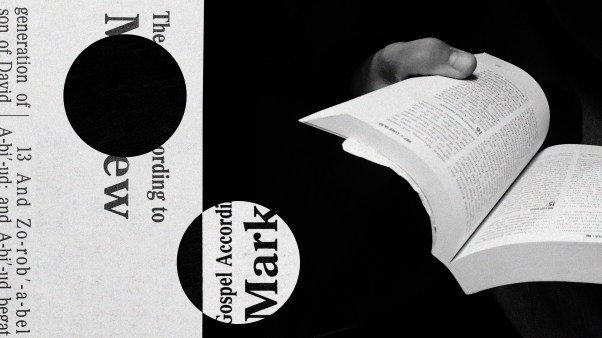Whether more Jews are accepting Jesus remains a matter of debate. But more American Jews seem to be increasingly accepting of other Jews who accept Jesus.
A Pew Research Center study released in October reported that 34 percent of American Jews think believing Jesus is the Messiah is compatible with being Jewish. Thirty-five percent of ultra-Orthodox Jews agreed. By comparison, 94 percent of all U.S. Jews said a person can be Jewish and work on the Sabbath, and 68 percent said a person can be Jewish and not believe in God.
"This does not mean that most Jews think those things are good," said Alan Cooperman, deputy director of Pew Research Center's Religion and Public Life Project. "They are saying that those things do not disqualify a person from being Jewish. [But] most Jews think that belief in Jesus is disqualifying by roughly a 2-to-1 margin."
Still, some see the survey positively. "The Pew survey highlights a quantum shift," said Richard Harvey, senior researcher for Jews for Jesus. "Jewish identity is more and more seen in cultural and ancestral ways rather than through religious expression."
Markers for Jewish identity have shifted, said Russ Resnik, executive director of the Union of Messianic Jewish Congregations. "The gatekeepers are still holding the line against us, but a lot of Jewish people in the larger community recognize we're here to stay, that we're part of the Jewish community, that we're concerned about Jewish causes."
According to Pew, messianic Judaism is still small: Of Americans with a Jewish background or identity who practice a religion other than Judaism, only 2 or 3 percent say they're messianic. A similar percentage say they're "Jewish and Christian." (About two-thirds just say they're Christian.)
Yet they are a distinctly visible minority. One reason for that is their mission efforts. For example, Chosen People Ministries recently opened the multimillion-dollar Messianic Center in Brooklyn, New York, to attract the borough's many ultra-Orthodox residents. It launched with the organization's largest outreach campaign ever. "We've had very little opposition," said president Mitch Glaser. "The Jewish community is more used to us."
But suspicions remain. Ruth Guggenheim, director of the Baltimore-based Jews for Judaism, warned members of the Brooklyn community that the missionaries will, as she told The Times of Israel
Derek Leman, rabbi at Tikvat David Messianic Synagogue in Roswell, Georgia, said faithful Jewish living has worn down opposition more than overt evangelism has. In recent decades, he said, "more messianic Jews have participated in the mainstream Jewish community. Many of us see ourselves as fellow travelers on a journey with God with the rest of the Jewish community, and we take a posture of humility about the reasons we believe in Yeshua."
Messianics are being accepted in the academy as well. The 16th World Congress of Jewish Studies included a first-time panel on messianic Jewish studies. Gershon Nerel, a historian of Jewish believers in Jesus, said organizers included the panel "because the topic reflects not only a developing social reality within contemporary Jewry but also a growing field of scholarly research." Though Jewish believers in Jesus are marginal, they are salient and impossible to ignore, he said.
Still, Glaser noted, there is "considerable prejudice in the Jewish community toward those who believe in Jesus. And there are far more of us than the Jewish community is ready to admit."










